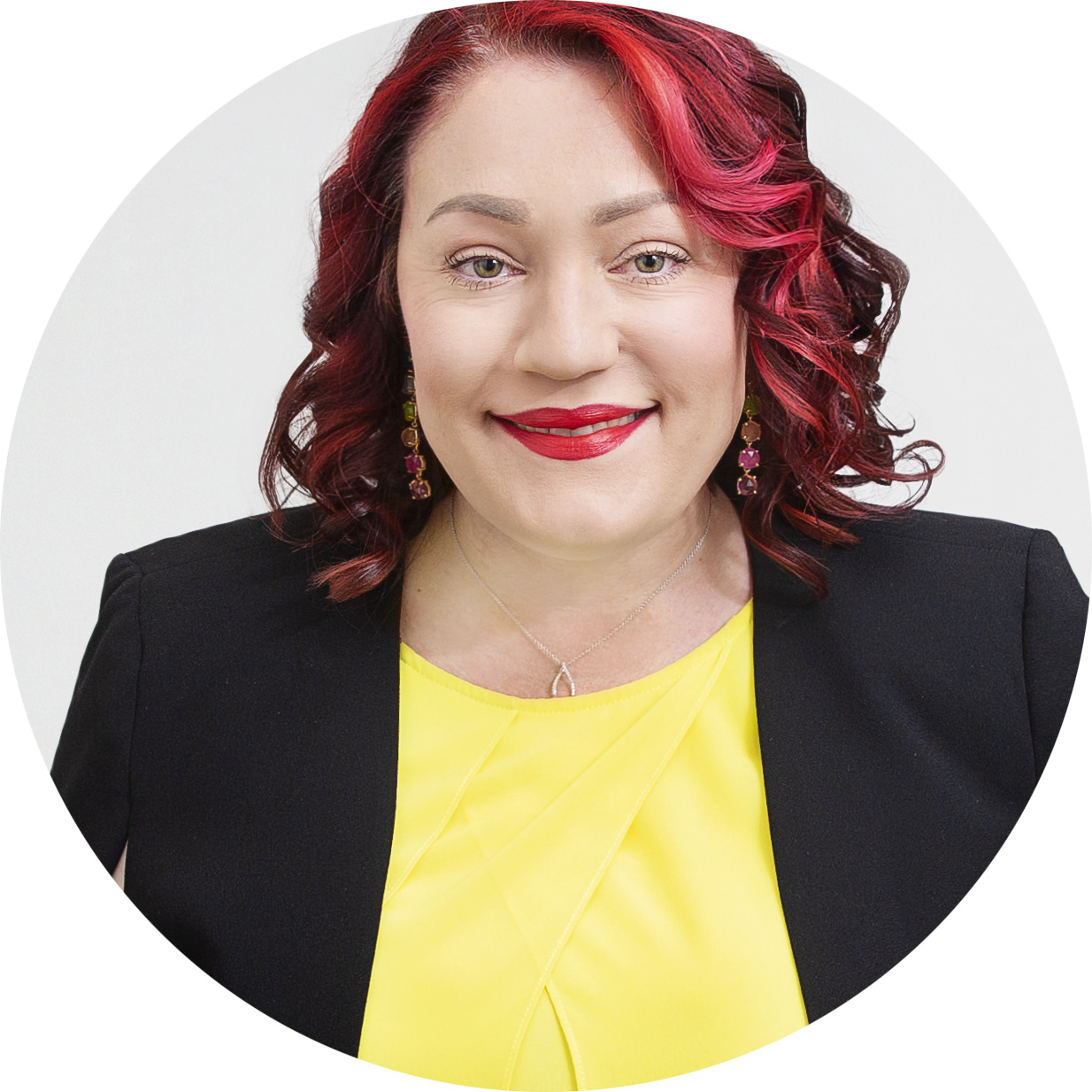Strategic communication management focuses on analysis, integrated planning and implementation of activities that deliver business outcomes. But strategic communication doesn’t just happen; it is a product of a structured planning activity that considers the internal and external environment, business needs, research, audience, stakeholders, key messages, communication channels and measurement. Do it well and your communication efforts will drive business results, build your reputation and earn you the role of trusted advisor and business partner within your organisation.
But when was the last time you took the time to reflect on what you know or think you know about best practice communication standards and practices? Self-assessment is a key step in planning your career. It allows you to explore your current values, interests and skills and get to know yourself better. No matter what stage you are at in your communication career, you can always benefit from taking stock of your knowledge and experience to help decide where you are heading.
Based on the Global Standard of the Communication Profession and the strategic communication management process, our Competency Model for Strategic Communication Management provides a framework for the core competencies required as a communication professional. The depth and mix of skills depend on the individual career path of each professional. Specialist skills are offered in addition to those defined in the model and as part of your career development plan, which may include emerging disciplines within the profession.
ETHICS, LAW AND GOVERNANCE
Communication professionals are expected to adopt the highest standards of professional behaviour demonstrating effectiveness in:
- Communicating with sensitivity to cultural values and beliefs
- Acting without deception and in accordance with the law
- Representing the organisation truthfully, fairly and accurately
- Enabling mutual understanding and respect
- Adhering to guided policies, standards and governance frameworks
- Adhering to a code of ethics for communication professionals
RESEARCH, ANALYSIS AND MEASUREMENT
Communication professionals proactively use research to inform and refine their practices and measure the outcome of their strategies. To do so they must demonstrate effectiveness in:
- Using primary and secondary research to inform the strategic approach to communication plans
- Using benchmark data to define meaningful, measurable objectives that produce business outputs and outcomes
- Measuring the impact of communication activities on organisation priorities
- Understanding quantitative, qualitative and observational research methods
- Analysing and using research results to improve practices
STRATEGY
Communication professionals apply strategic thinking and interpret business needs as part of their communication strategy, to deliver meaningful results. To do so they must demonstrate effectiveness in:
- Identifying and understanding communication challenges and opportunities within the organisation and the external marketplace
- Practicing effective communication based on approaches that demonstrate results (best practice)
- Managing the strategic communication process from start to finish
- Delivering relevant and targeted communication aligned with business and audience needs
- Using research and measurement to inform strategy and evaluate the effect of communication on the organisation and its stakeholders
BUSINESS
Communication professionals are expected to understand and analyse the organisational operating environment against the communication challenges and opportunities. To do so they must demonstrate effectiveness in:
- Understanding business functions in alignment with organisational priorities and audience needs and preferences
- Developing strategic communication approaches that are aligned with the strategic direction and business needs
- Developing and implementing an operational budget
- Managing the relationship between other functions that intersect or impact communication strategies and plans
- Identifying and acting on communication opportunities and challenges resulting from business change
- Providing communication advice on a range of business issues such as market fluctuations, union negotiations, environmental and sustainability concerns, reputation and crisis management
STAKEHOLDER ENGAGEMENT
Communication professionals must identify, collaborate and nurture stakeholder relationships. To do so they must demonstrate effectiveness in:
- Identifying various stakeholders
- Networking with internal and external stakeholders
- Fostering relationships to support organisational outcomes
- Understanding the stakeholder role in communication
- Maintaining relationships with numerous stakeholders
- Using dialogue to tell the business story and garner support
CHANNELS AND TACTICS
Communication professionals must identify, manage and effectively use a variety of channels and tactics to deliver messages. To do so they must demonstrate effectiveness in:
- Understanding the relationship between various communication channels (digital, print, face-to-face)
- Managing internal and external communication channels
- Researching and investing in channel improvements
- Understanding when and how to use a variety of channels in the tactical approach
- Mentoring and advising leaders and organisational speakers
- Developing and implementing various communication tactics
MESSAGING
Communication professionals define, create and deliver key messages. To do so they must demonstrate effectiveness in:
- Telling the organisation’s story
- Creating clear, consistent, creative, compelling content
- Delivering content in a timely and appropriate manner
- Engaging each audience segment on an emotional level
- Creating opportunities for targeted communication
REFLECT ON YOUR EXPERIENCE AND KNOWLEDGE
A set of tasks, based on the principles and elements of the model provide the detail that demonstrates the links between theory and practice, and can be used by communication professionals to assess their own progress. These tasks are available in the free career evaluator™ self-assessment we have developed.
The app is pretty straightforward, and because it is a self-assessment it will tell you only what you think you can do. It doesn’t test your actual competencies. As with any assessment, the more honest your responses, the more valuable the information you will get from it.
The app can help you to:
- Identify your strengths and gaps in knowledge and skills in each area of competence
- Focus on priority needs for professional development in line with current or future positions
- Inform personal reflection, professional discussions with your manager and peers and goal setting
- Prepare a short and long term professional development plan
- Plan your career path to take you from where you are today to where you want to be
Get a ‘point-in-time’ snapshot of your strengths and areas for development. Address any identified gaps in your knowledge, skills or behaviours through targeted development activities. Use it to guide your professional learning choices, and then take the assessment again later to measure the effect of learning on your practice.
The assessment should take around 30 minutes and you will be asked to use a set of criteria to indicate your self-assessment of knowledge and skill. On completion, you will receive a summary of your strengths and development opportunities and you will be able to download a PDF report of your self-assessment mapped against the competencies and descriptors.
YOU'VE COMPLETED THE SELF-ASSESSMENT. NOW WHAT?
Discuss your results with your manager, mentor or a trusted colleague. You may also find it helpful to ask your manager or colleagues to complete the assessment and rate you against some or all of the competencies. Coming together and comparing their ratings with your self-ratings can provide valuable insight into your level of competency.
Next, you may wish to develop a personal action plan to help you consolidate your development areas.
HINTS AND TIPS ON ACTION PLANNING
Define your objectives in SMART terms (Specific, Measurable, Achievable, Realistic and Timely). This will help you reach your goals.
- Identify a journey map that outlines where you want to be with your skills and how you will achieve them.
- Identify individuals you want to talk with about your action plan and can help you make it happen.
- Assess potential obstacles and determine how you might be able to overcome these.
- Think about how you can use your strengths to help you reach your goals.
- Identify resources that are available to you or those that you will need to obtain in order to achieve your goal.
- Write action steps to help you reach your goal and assign a completion date to each one.
- Set a date to evaluate your progress towards your goal.
About the Author
Sia Papageorgiou is a multi-award-winning strategic communication leader on a mission to elevate the value and visibility of communication professionals and help them become trusted, strategic, and in-demand advisors. She’s worked with some of the wo...


